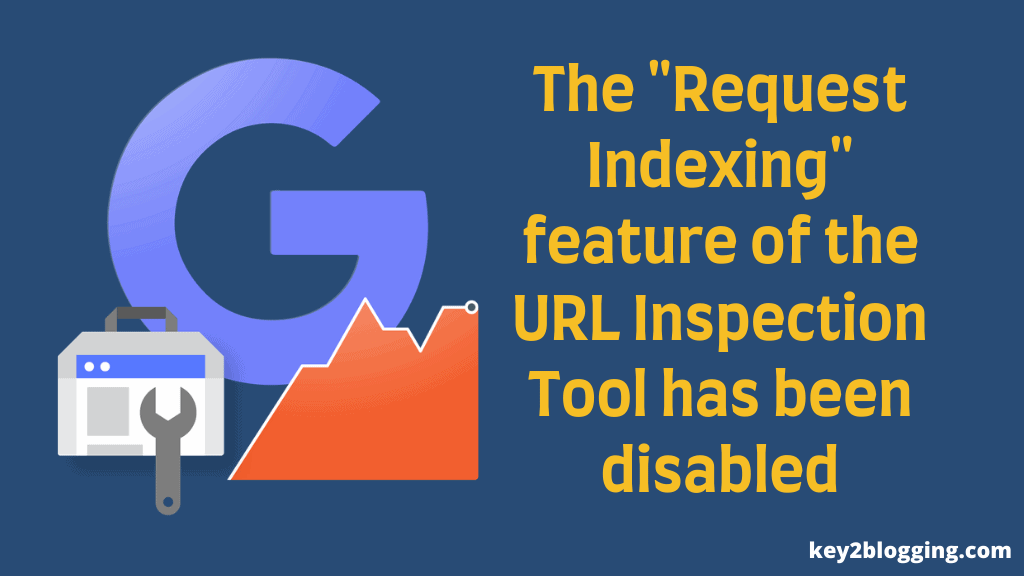Google’s Leak Unveiled: Simple Steps to Improve Your Search Rankings (2024)

Big news in the SEO world! Over 12,000 pages of Google’s secret documents got out by mistake. These documents give an idea about how Google decides what shows up in search results. This could change how people do SEO, which is all about getting your website to show up higher on Google.
So, Let’s Discussed these in details.
The Leak and Its Discovery:
The documents were accidentally shared on public GitHub repository and were spotted by someone named Uran Aimy, CEO of EA Eagle Digital. People who used to work at Google have verified the authenticity of these documents, confirming that they contain up-to-date and operational information about Google’s search algorithms as of March 27th.
Key Revelations from the Leak:
Click Data Usage:
Contrary to previous denials from Google representatives, the leaked documentation reveals that Google does indeed use click and post-click data in its ranking algorithms. This includes monitoring the quality of clicks and the behavior of users post-click, which can influence the decay of a page’s traffic over time.
Site Authority:
The documents mention a “site authority” metric, suggesting that Google assesses and utilizes the perceived authority of a website to influence rankings. This contradicts earlier statements by Google denying the use of such metrics.
Use of Chrome Data:
Despite claims to the contrary, the leak indicates that Google uses data from Chrome to assess page quality and generate site links, further integrating user experience metrics into its ranking processes.
Sandboxing New Sites:
Google has implemented measures that limit the visibility of new sites in search results until they are deemed trustworthy, a concept commonly referred to as “sandboxing.”
Implications for SEO Strategy:
Brand Importance:
The leakage underscores the increasing importance of brand building in SEO strategy. A well-recognized brand influences user behavior, which in turn impacts search rankings significantly.
Enhanced User Engagement:
Keeping content fresh and engaging not only attracts users but also plays a crucial role in sustaining high rankings. The documentation reveals that Google tracks user satisfaction signals like bounce rate and pogo-sticking, which can affect the SERP positions.
Link Acquisition Strategy:
High-quality links from reputable sources are more valuable than ever. The documents indicate that Google evaluates the freshness and relevance of the linking page, emphasizing the need for up-to-date content and authoritative backlinks.
SEO Tactics Moving Forward:
Given these revelations, SEO experts should consider adjusting their strategies to account for these nuances:
- Invest in Brand Building: Developing a strong brand presence across various channels can elevate your search rankings.
- Focus on User Engagement: Create content that not only attracts users but also encourages them to interact with and return to your site.
- Prioritize Fresh, Quality Links: Acquire backlinks from well-regarded and frequently updated websites to boost your site’s authority and visibility.
Conclusion:
The accidental leak of Google’s search documentation has provided SEO professionals with a rare glimpse into the factors that influence search rankings. This information is invaluable for devising more effective SEO strategies, particularly those emphasizing brand recognition, user engagement, and quality link building.
As the SEO landscape continues to evolve, staying informed and adaptable will be key to achieving and maintaining high search engine rankings.
I recommend you to watch the below video to Learn More in Details.
Sources:
- https://sparktoro.com/blog/an-anonymous-source-shared-thousands-of-leaked-google-search-api-documents-with-me-everyone-in-seo-should-see-them
- https://searchengineland.com/unpacking-googles-massive-search-documentation-leak-442716






